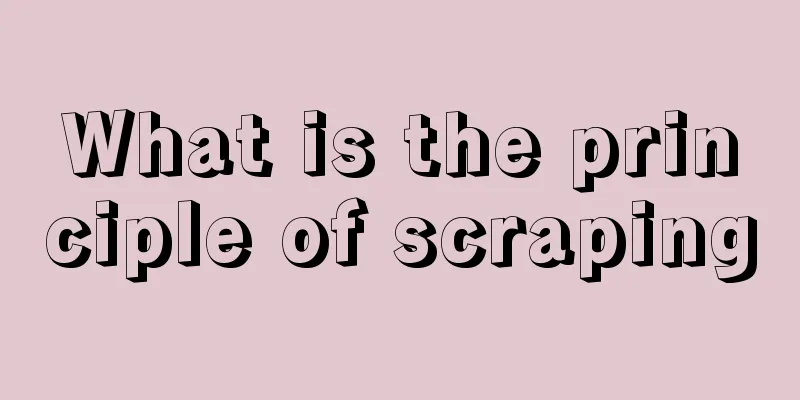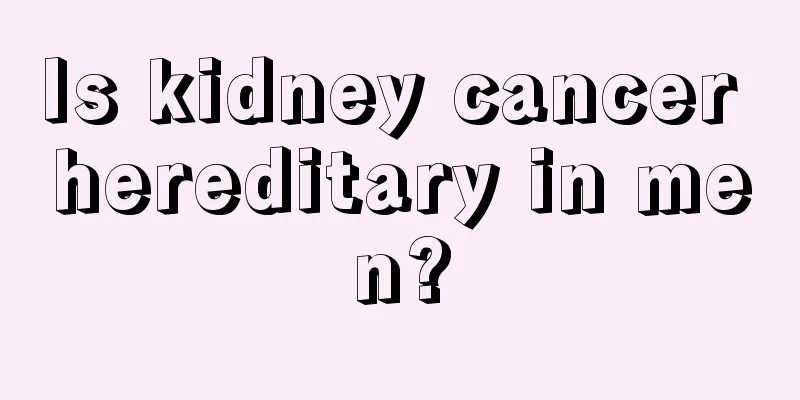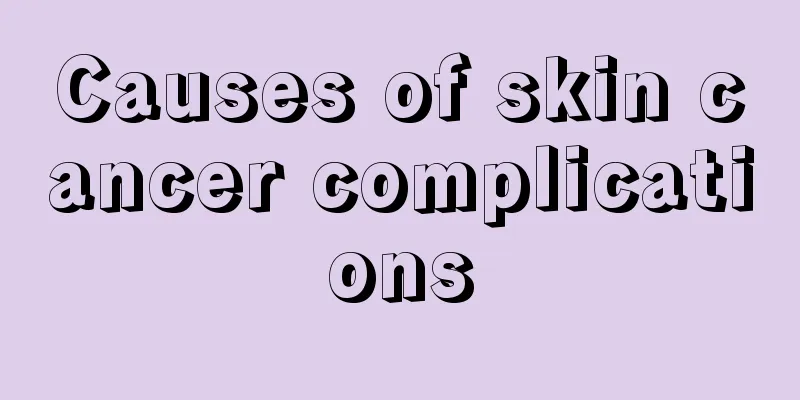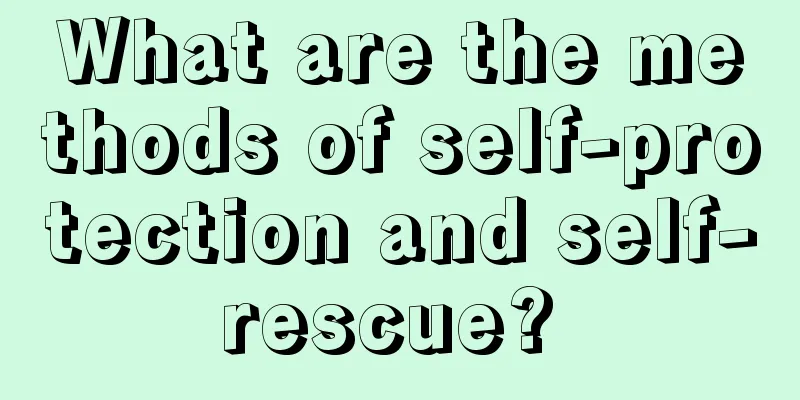Morita therapy for insomnia
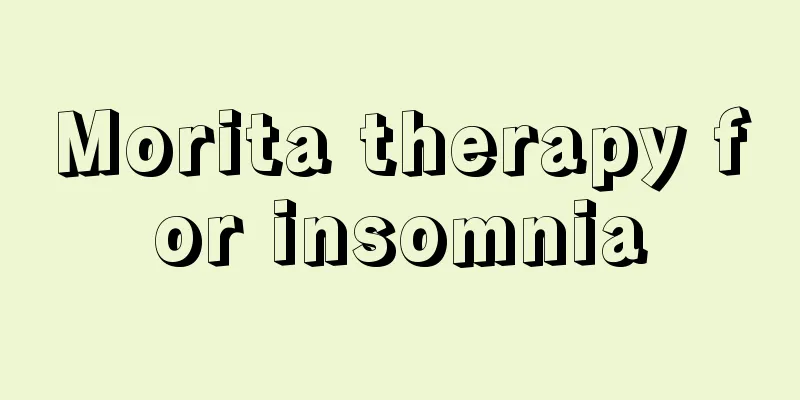
|
Insomnia is a problem that many people have. If the quality of sleep at night cannot be guaranteed, the physical condition of the next day can be imagined. If it cannot be improved for a long time, it will have very serious consequences. There are many ways to treat insomnia. Morita therapy has a good effect in treating insomnia. If ordinary methods are not effective, you can try this method of treatment. Let’s take a closer look at the situation. Morita Shoma believes that "neurotic" symptoms are purely subjective issues, not objective products. It is caused by the mental interaction in the mental activity process triggered by the patient's hypochondriacal constitution. In other words, hypochondriasis is the basis for the onset of neuroses such as neurasthenia, obsessive-compulsive disorder, anxiety attacks, and various phobias. People with hypochondriacal constitution have strong bottom-up desires, hoping to be healthy, happy, and strive to improve themselves, but they also have strong introspection and often worry about their health, life safety, and mental peace. They often mistake the feelings that ordinary people may experience in certain situations, such as dizziness when overusing the brain and palpitations when nervous, as illnesses and become fearful and nervous. The more one focuses on these "symptoms", the more acute the feelings become and the more severe the "symptoms" become, forming a vicious cycle, which Morita calls mental interaction. Under its influence, patients fall into a state of inner conflict, developing neurasthenia and neurotic attacks. Morita himself had been weak and sickly since childhood, with obvious neurotic symptoms. He wet the bed at the age of 12, and after the age of 16, he often suffered from headaches, rapid heartbeats, fatigue, and other symptoms of neurasthenia. He had contracted typhoid fever in junior high school. Although he sought medical treatment from many places and insisted on treatment, he had little effect and was always worried about his health. Until his freshman year in college, he was tortured by his symptoms and found it difficult to persist in his studies. With the exams approaching, he felt unable to cope. In depression and anger, he had thoughts of suicide, so he gave up all treatment and studied hard all night long. The results were unexpected: the test scores were very good, and the various symptoms that had plagued him for years were cured without any treatment. From this, he realized that his previous illnesses were all imaginary and that there was no illness at all. Morita also believed that there is an antagonistic effect in human mental activities, similar to the mutual regulation of flexors and extensors. For example: In a certain situation, an idea, emotion, and intention will also produce opposite ideas, emotions, and intentions to regulate people's behavior. Morita called it psychotropic effect. For example: when you are afraid, you often feel afraid; when you are praised, you feel guilty; when you have the thought of disrespecting someone, you will think that the thought is wrong and deny it, and you will stop thinking about it because speaking out the thought will bring misfortune. The existence of this antagonistic effect can ensure people's mental stability and constant sense of security. Therefore, any normal person will have ideas that are inconsistent with his or her own rationality, but they are fleeting and leave no trace. For people with hypochondriasis and excessive antagonism, once these ideas appear, they will stubbornly repeat them and repeatedly control them, forming an antagonistic opposition. Through mental interaction, obsessive-compulsive disorder occurs. In addition, Morita believes that people with hypochondriacal constitution are "perfectionists". They often form "ideological contradictions" between desires and reality, between "it should be so" and "it is so". They try to solve these contradictions that cannot be solved by reality, and take a subjective and demanding attitude towards objective reality, which makes the symptoms more and more serious. From this we can see that the formation mechanism of neurotic symptoms in Morita therapy can be summarized as follows: due to the existence of hypochondriacal constitution, neurotic symptoms are formed through mental interaction under the influence of accidental events. The fundamental cause of neurotic symptoms lies in the strengthening of mental antagonism caused by the desire to control objective facts with subjective wishes. |
<<: Bloodletting to treat insomnia
>>: What is the effect of baking soda and vinegar
Recommend
What to do if your marriage is unhappy?
Every woman wants her marriage to be happy, but m...
What are the dangers of dentures
In our daily lives, many people have to install d...
Is it better to wash your hair in the morning or at night?
Hair also has a metabolic process, so we need to ...
How often should I soak my feet?
Many people like to keep in good health, especial...
How to preserve shallots effectively
Scallions are also a kind of onion. Scallions are...
How to overcome fatigue effectively?
People cannot be full of energy all the time, and...
Rib protrusion on one side
Pectus pigeonae is a relatively common condition ...
White stripes on knees
I believe that many of my friends often have vari...
Cost of liver cancer immunotherapy
Cost of immunotherapy for liver cancer 1. After s...
Is semen poisonous?
Nowadays, people's sex lives are more open, a...
Three common types of perforation in colon cancer
Colon cancer perforation is the second most commo...
What are the early symptoms of liver cancer? Beware of the three early symptoms of liver cancer
The incidence of liver cancer is very high and mu...
What are the methods for checking gastric cancer? There are five methods
Cancer is a very serious disease and is very diff...
How to strengthen the spleen and stomach and remove dampness
If the body has too much moisture, it is easy to ...
Experts explain some symptoms of prostate cancer
Prostate cancer is a common disease among men, an...

